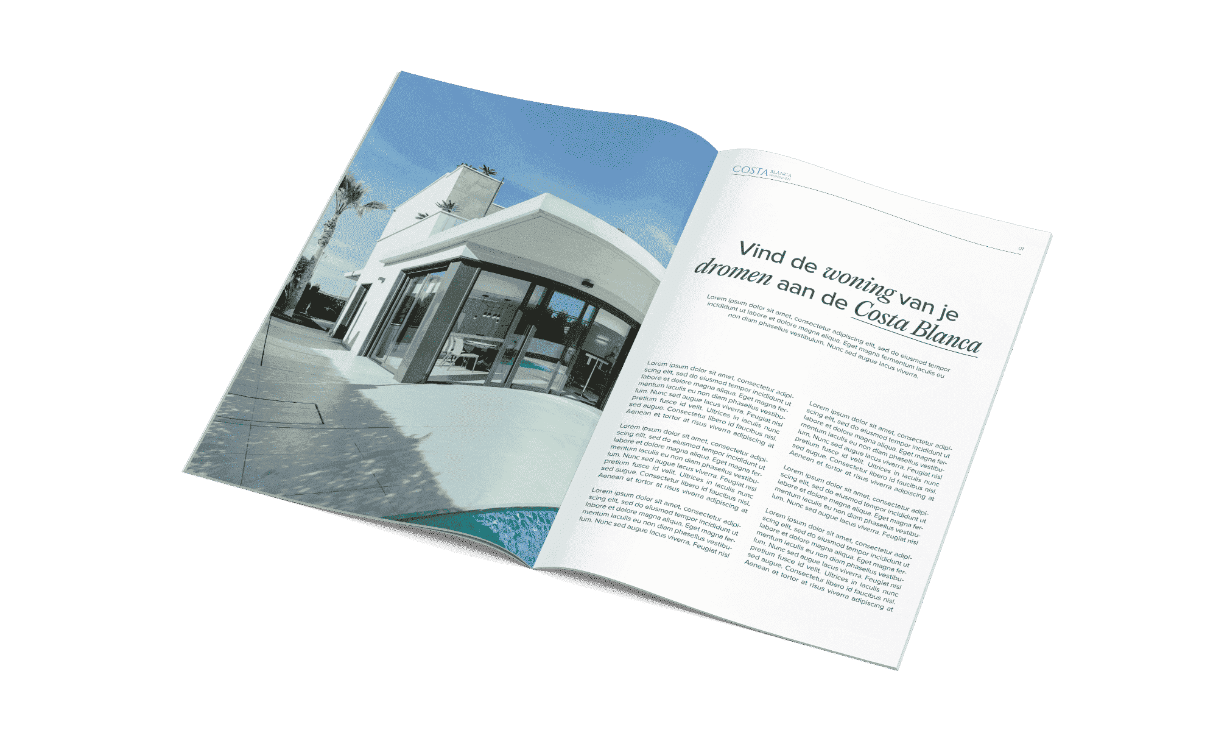What are the tax rules for foreigners in Spain?
The tax rules for foreigners in Spain depend on their tax residence. A person is considered tax resident in Spain if he or she lives in Spain and has his or her main economic ties to Spain. This means that he or she lives, works, or has a business in Spain.
Foreigners who are tax resident in Spain are subject to Spanish taxes on their worldwide income. This includes income from employment, property, interest, dividends, and other sources. Tax rates in Spain are progressive, ranging from 19% to 45%.
Foreigners who are not tax resident in Spain are only subject to Spanish taxes on their Spanish income. This includes income from employment, real estate, and other sources in Spain. Tax rates for non-residents are lower than for residents, ranging from 24% to 35%.
Here are some specific examples of taxes foreigners may pay in Spain:
- Income tax
- Property tax
- Inheritance tax
- Gift tax
- VAT
- Import duties
It is important to note that these tax rules can be complex and exceptions and exemptions apply. It is advisable to consult a tax advisor to determine which taxes apply in your specific situation.
Here are some tips for foreigners who have to pay taxes in Spain:
- Make a budget for the taxes you have to pay.
- Keep in mind deadlines for filing tax returns.
- Consult a tax advisor if you have questions about your tax return.
- Gather all relevant documents and information, such as pay stubs, rental contracts, and tax returns from your home country.








